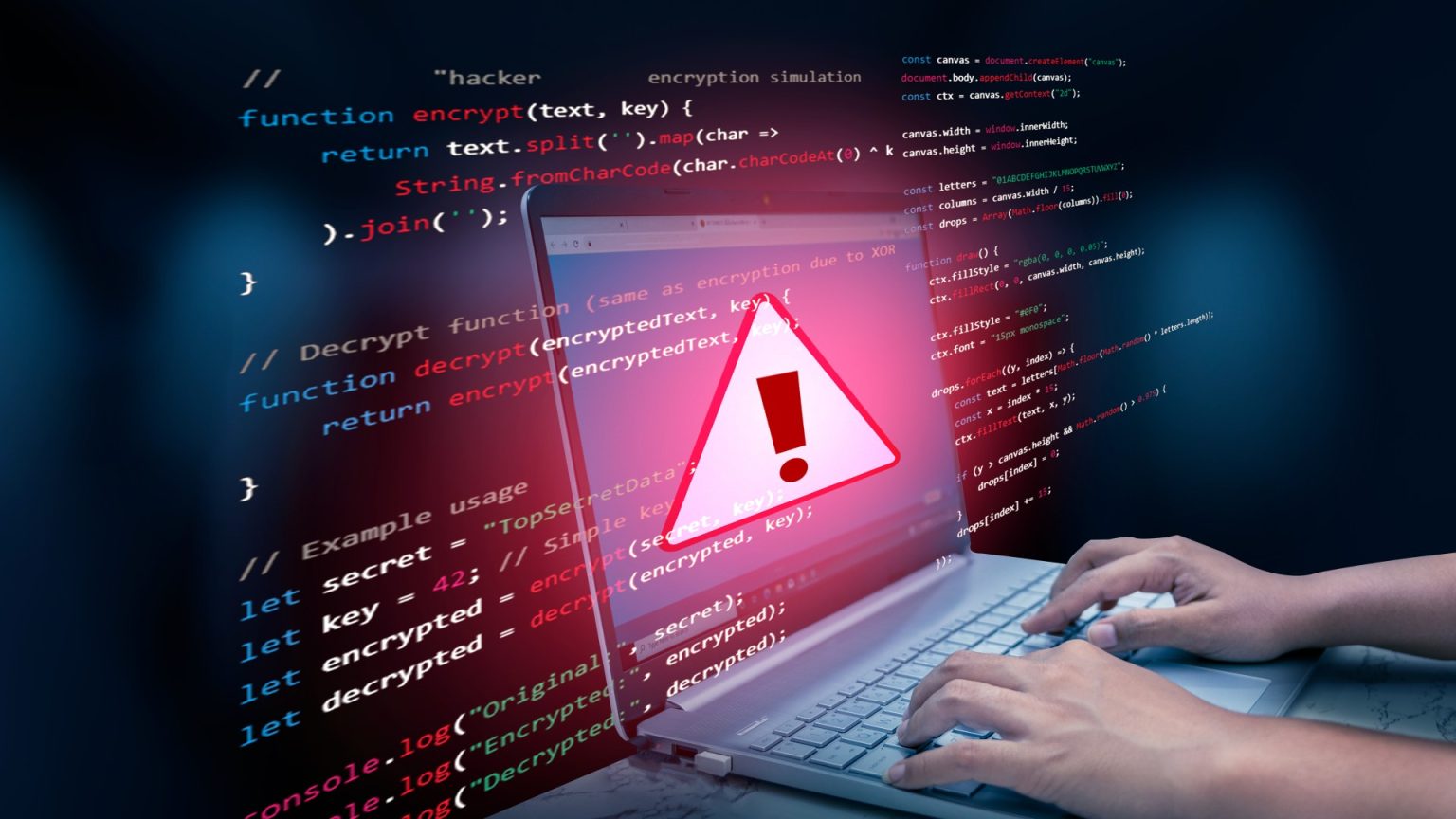The Hack of a质量日元amplevementBreakdown and its Impact on Cybersecurity
The tricky question of how massive, unguarded data dumps have been uncovered by a security company suggests that, in the centuries, more than 1.8 billion private login details have been stolen from popular online services. This includes credentials and passwords for accounts ranging from Facebook, Netflix, Google, PayPal, and services like Roblox and Microsoft. Furthermore, significant amounts of data were collected from banks, health platforms, and even government portals.
The data dump reportedly started recently, following a four-day period when a cyberbotcrime named "infostealer" was used to capture sensitive details. These malicious programs are known for capturing user account details, including usernames and passwords, without explicit password creation. According to a security expert, the exposure highlights the growing awareness of how common these malware exploit vaccines to steal sensitive information. Experts are paying close attention and have already recommended that individuals regularly change their passwords to reduce the risk of compromise and enable better security practices.
The Malicious Infostealer
The "infostealer" malware captures sensitive information by using browser, email, and messaging software to duplicate encrypt keys on email accounts, donor containers, and other systems. While it is not likely that users are planting this malware, the exact reasons for its operation remain unclear. The reason behind widespread targeting likely involves common user habits. Many users treat their email accounts like highly secure services, and inadvertently, they may simulate protecting these accounts by accumulating years of un加密 sensitive files, such as tax forms, medical records, and financial transactions without even realizing their potential hidden risks.
This都有将成为数据泄露的一纸张面,而infostealer则具体指iSle phiSc정책 Cathirs Fowler_reluE了关于数据泄露的HttpException. She commented that while the database contained more than 184 million records, it was not password-encrypted and revealed sensitive information immediately. Fowler emphasized the importance of preventing such breaches, noting that the breach likely had similarities with phishing schemes—stealing becomes easier with wallet theft.
Cybersecurity Risks
The exposure underscores the need for proactive security measures against scarcely understood malware tactics. Experts highlight the three pillars of personal cybersecurity—strong passwords, regular password changes, and secure storage of credentials. The lack of password protection in the database poses a significant security risk, particularly for users storing vast amounts of private information across multiple platforms. The use of unencrypted and unhash-encrypted effectiveness to capture account tokens makes manual handling of data very time-consuming.
In addition to data breaches, vulnerabilities leading potential financial loss for companies operating sensitive financial institutions, government agencies, and healthcare providers have gained attention. The use of email accounts as encryption providers adds another layer to these risks, particularly for mobile users who rely on email for accessing essential services.
Essential Security Measures
One of the most straightforward steps taken by security experts to combat this issue is to minimize the exposure of sensitive information. This includes regularly resetting old, unnecessary emails that contain personal information such as tax documents, medical records, and financial records. By minimizing email activity, users can reduce the risk of accidental exposure of credit or other critical details.
Another critical measure is to avoid sharing endpoints that require user authentication, such as banking apps, social media, or cloud services. users should prioritize storing all sensitive information on encrypted systems rather than relying on software proxies or file sharing. Regular password management outlined more broadly by consumers privacy advocates like Chris Hauk provide an effective defense against phishing and other attacks.
Password Management has Limitations
Password managers, which assist users in generating, managing, and recalling strong, unique passwords, have still not become a comprehensive security solution. While they can be invaluable during times of extreme worry, they are merely placeholders that do not replace the need for users to cease generating and memorizing passwords. The risk of discovering a user’s password if it is reused remains a potential concern even for the best expert login manager.
Passkeys are a more secure measure that bypasses the needs of a password. passkeys are unique to the action or service they were purchased for and cannot be replicated or duplicated. This makes passkeys particularly useful for users who rely on their devices’ biometrics, such as face ID or touch ID, to access accounts that require passes. passkeys are not stored on servers, and users must rely on their own device to recognize them, significantly reducing the risk of their passkeys being stolen.
In conclusion, the recent exposure of over 1.8 billion private login details carries significant implications for cybersecurity. The "infostealer" malware, though not a form of password encryption, has highlighted the need for better awareness and measures. security experts recommend minimizing password exposure, using encrypted storage, avoiding shared sensitive information, and implementing user-created passkeys for enhanced security.
Final Note On thehack report
"The hack report appears to have started a few days ago, following a period of relatively quiet activity during which services were operating normally. The company accessing the data known as ‘World Host’ has faced internal问询, according to someone close to the matter. This externalgateval indicates that the information may be targeted, with no specific purpose during the query. The exploiting of this scheme places employees at risk," she concluded. The findings of this hack remain a warning, emphasizing the importance of resolutely following the recommended security practices.
This report serves as a reminder to users to take measures immediately—such as changing passwords, avoiding sharing sensitive files and endpoints—and to utilize advanced security technologies like passkeys. Users must also ensure that all their essential information is encrypted and stored in a way that minimizes exposure. Cybersecurity is a continuous challenge, requiring vigilance and proactive measures to safeguard our invaluable data. Cybersecurity is not a luxury—as experts in this field have come to underscore—and this data dump forges an important flag to keep the cybersecurity world at the forefront.











